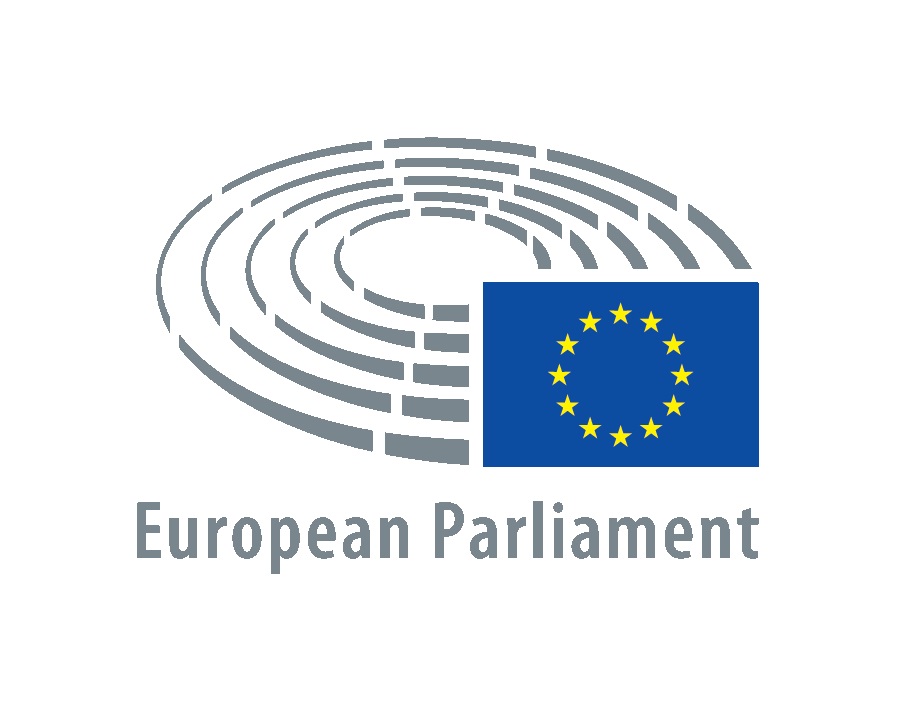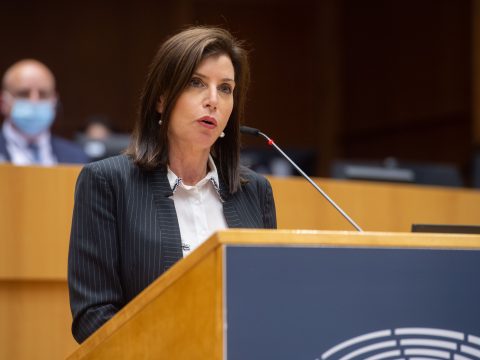03/08/2021
Joint letter to Executive VP, F. Timmermans and Commissioner for Environment, Oceans & Fisheries, V. Sinkevičius regarding the EU Regulation on Waste Shipment and export of secondary raw materials
Co-signature of a letter addressed to Executive Vice President Frans Timmermans and Commissioner Virginijus Sinkevičius on the EU Regulation on Waste Shipment and export of secondary raw materials, coordinated by MEP Masimiliano Salini.
“Dear Commissioners,
The EU Green Deal and the New Circular Economy Action plan have boosted the European Union’s ambition to become a climate-neutral, circular economy. It has been clearly stated how important it is that a European recycling value chain – from waste to new end products – remains and continue to operate in Europe. It is also worth noting that the availability of secondary raw materials retrieved from waste is fundamental for the EU to meet domestic demand and become less reliant on virgin raw material imports. The recent communications on the “EU Industrial Strategy” and “Critical Raw Materials Resilience: Charting a Path Towards Greater Security and Sustainability” have perfectly addressed this aspect.
These recent communications highlight the significance of secondary raw materials, typically recovered from waste and, in general, more from end-of-life products. However, the situation is not yet on the right track. The EU continues to be a major exporter of waste to third countries.
According to the Circular Economy Monitoring Framework, plastic, paper and metals, among other streams, are significantly exported. For instance, about 36 million tonnes of waste were exported from the EU in 2019. Furthermore, the majority of these waste streams end up in countries with environmental, labour, and safety requirements that are much lower than European standards, resulting in much higher greenhouse gas emissions. Ferrous scrap is a valuable resource for the EU steel industry that helps reduce the use of primary raw materials and has a reduction potential of the CO2 emissions of the steelmaking process of between 1.4 tCO2 and 5 tCO2 depending on the quality and the process. Ferrous scrap is an important element for starting down the de-carbonisation path and making the sector even more circular. However, exports of ferrous scrap from the EU27 have increased from 9 million tonnes in 2015 to more than 15 million tonnes in 2019. This has resulted in major detrimental climate and environmental consequences in destination countries, and globally, that would have been avoided if the same volumes had been recycled in the EU. This trend has to be reversed.
We, the undersigned, believe that the revision of the EU Regulation on Waste Shipment is an essential and timely method for resolving this issue if not also the right occasion to strengthen the EU circular economy. The EU Regulation aims to restore a level playing field between Europe and third countries, both on environmental and social aspects. In this respect, the European Parliament resolution 2020/2077(INI) on the New Circular Economy Action Plan already recognises the need to “halt the export of waste to third countries that causes environmental or human health damage and to tackle the unlawful behaviour more effectively with the aim of ensuring that all waste is treated in accordance with circular economy principles”.
Furthermore, exports of EU waste should never result in avoidable negative consequences on the environment, climate or human health. Accordingly, exports of secondary raw materials should only be allowed when the country of destination can demonstrate that it has implemented equivalent standards on environment (emissions control and waste management), climate (ambitious climate targets and specific instruments for cutting GHGs) and human health (including workforce rights and safety).
We hereby confirm our full support to the European Commission for the work done until now and urge the Commission to continue the work on this revision with a high level of ambition necessary to ensure an effective transition towards a climate-neutral and truly circular EU economy.
Thanking you for your efforts on this dossier, we appreciate your consideration and we look forward to hearing from you.”













